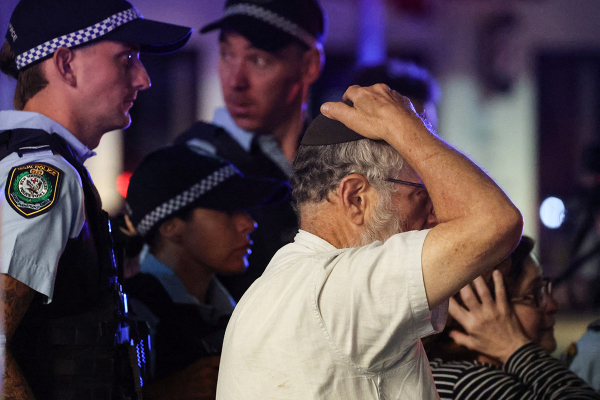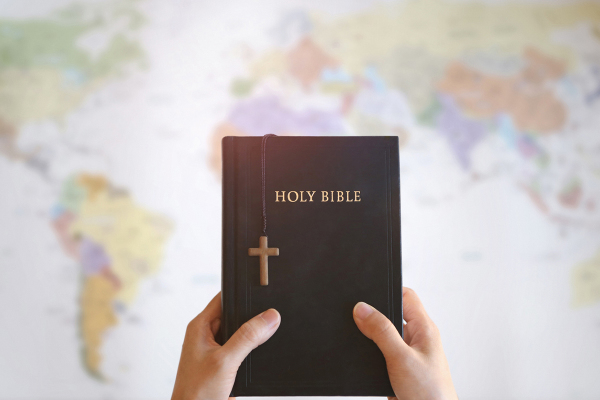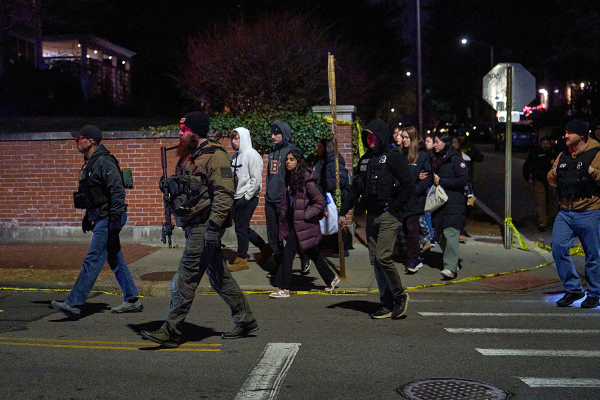U.S. Ecumenical Group Counters Negative View of Iran
WASHINGTON – The first U.S. religious delegation to meet with an Iranian president in Iran since its revolution in 1979 brought back news of warmth, mutual respect, and a desire for reconciliation on Monday.
The portrayal of President Ahmadinejad by the delegation members contrasted drastically with media depiction of him as a hard-line, nuclear weapon builder and holocaust denier.
“I think the thing that came through very strongly in meetings with Ahmadinejad is he talks very much using faith and pious language,” reflected J. Daryl Byler, director of the Mennonite Central Committee Washington Office, to The Christian Post after a press conference.
Byler has been to Iran five times and was also part of the group that met with Ahmadinejad in New York last September. He said that compared to the first meeting, the recent gathering was more intimate with only 13 American religious leaders instead of 45. Last week’s meeting was also much longer, lasting two-and-a-half hours compared to a little over an hour in New York.
“He began the talk by making long remarks about how religious people should be working for justice and peace and ended by commenting that religious leaders have the responsibilities to deliver the world,” recalled Byler.
Ahmadinejad was described by the MCC director as having a measured tone, seeming reasonable and having a witty personality.
The U.S. delegation’s perception and response to the Iranian government is a stark contrast to how Iran’s former president Khatami was received last September during his historic visit to the United States.
Khatami’s visit marked the highest-ranking Iranian official to be granted a visa to the United States since the 1979 Iranian Revolution.
The former president was labeled a terrorist by opponents and was publicly condemned by Iranian Americans, religious freedom advocates, and many congressmen.
During his speaking engagement at the Washington National Cathedral, over a hundred people branded signs calling Khatami a terrorist and criticizing the famed Episcopal church for inviting a “terrorist” to the United States.
Protestors held up signs and pictures linking Iran’s government to repression, torture and even murder of those critical of the government.
Delegation members also met with Khatami during their visit last week.
The delegation clarified during the press conference that they are not politicians and are not in the position to propose solutions. Rather, they went as people of faith trying to make space for dialogue.
“When you talk to other people it doesn’t necessarily mean that you agree with all their policies,” said Byler, “but that you hope to get beyond confrontational military action with those that you have differences with.”
Christian group members all said they were warmly received by both Iranian officials and common citizens during their visit.
One member noted that a possible reason for the disparate views of Iran can be attributed to lack of “face-to-face” talks between the U.S. government and Iran. The delegation hopes that its visit and contact with Iran will reopen conversations between the two nations and set the foundation for relations in which the two governments can build upon.
Next week, Mar. 6-7, some of the delegation members will meet with senators to share and discuss what they learned during their trip to Iran.
The Christian delegation was composed of leaders from the United Methodist, Episcopal, Catholic, Baptist, Evangelical, Quaker, and Mennonite traditions. The Iran visit took place on Feb. 17-25.





















